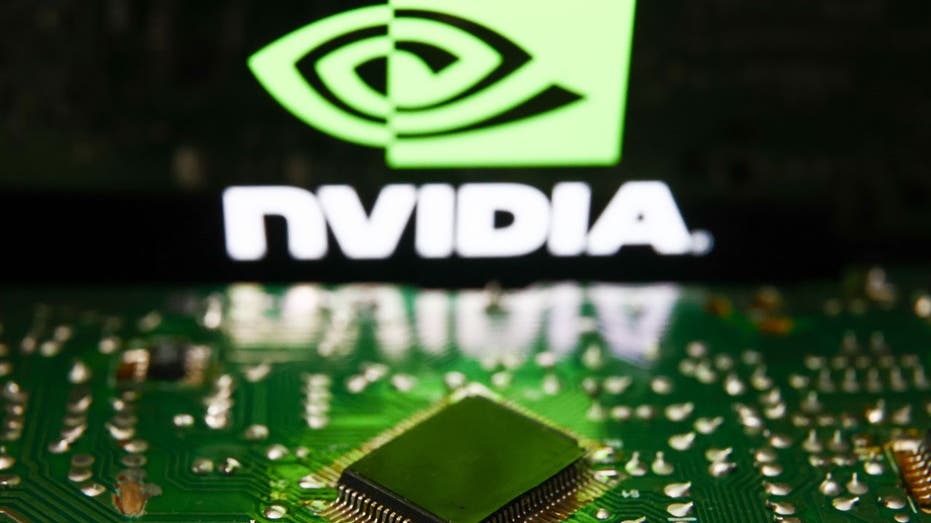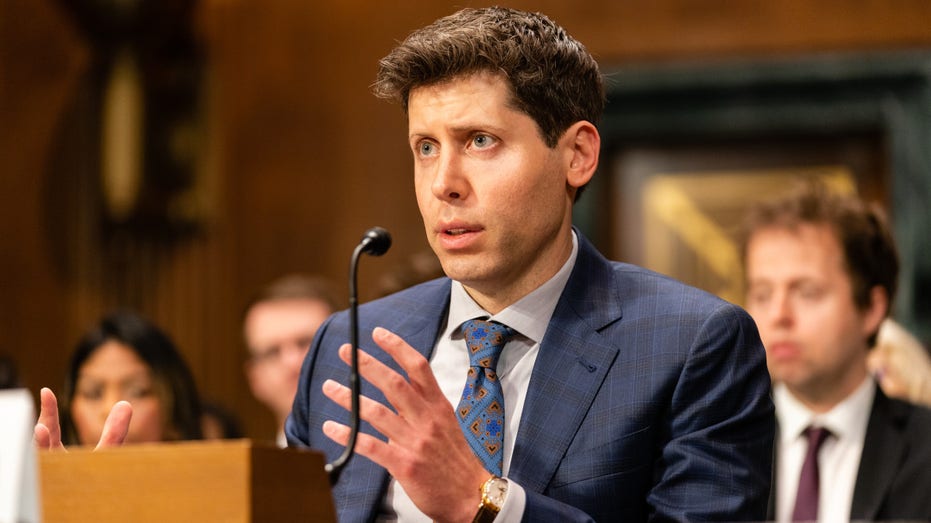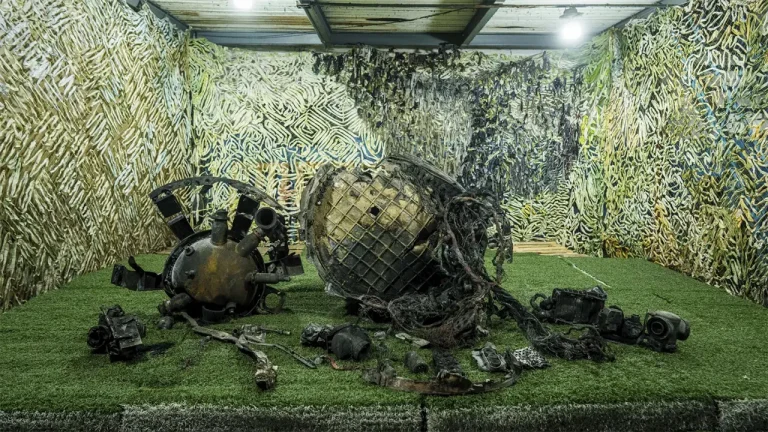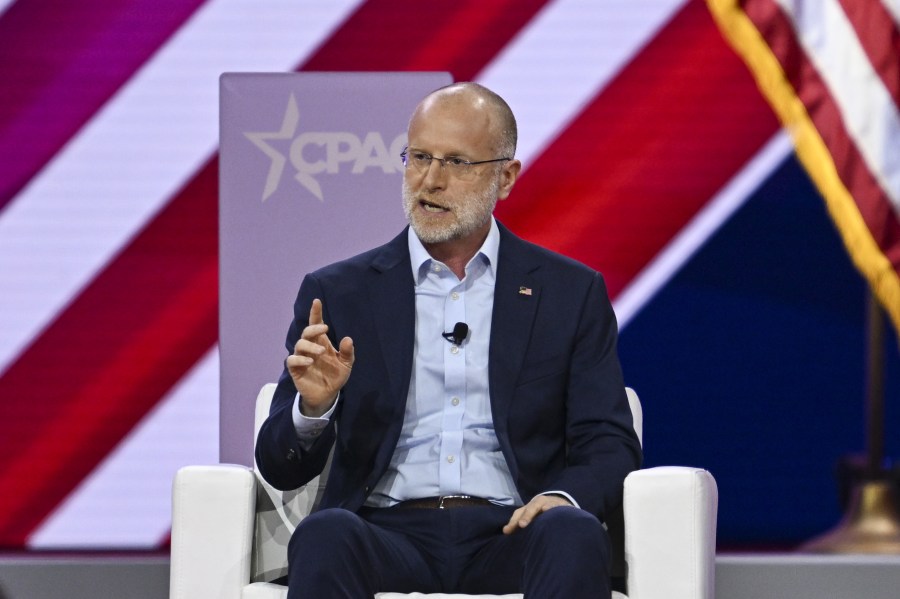
Constellation Research founder R Ray Wang joins ‘Varney & Co.’ to discuss reports Microsoft is pursuing a chip solution that would make them less dependent on Nvidia.
OpenAI is mulling ways to secure more of the powerful artificial intelligence chips needed to run its programs like popular AI chatbot ChatGPT — including building its own, according to a new report.
Sources familiar told Reuters that the company is considering making its own AI chips and is already eyeing the acquisition of another company to make that happen, but has not yet decided whether to move forward. OpenAI declined to comment.

OpenAI is reportedly considering makings its own AI chips amid a shortage. (LIONEL BONAVENTURE/AFP via Getty Images / Getty Images)
As more companies scramble to develop advanced generative AI models or integrate them into their systems amid the rise in the new technology, demand for the high-powered graphics processing units (GPUs) needed to deploy tools has surged, causing a shortage.
WHAT IS ARTIFICIAL INTELLIGENCE (AI)?
The souped-up computer chips are critical for running the countless calculations involved in training and deploying AI algorithms, but very few companies make them.

Nvidia supplies the vast majority of AI chips, but is unable to produce enough to keep up with demand. (Jakub Porzycki/NurPhoto via Getty Images / Getty Images)
| Ticker | Security | Last | Change | Change % |
|---|---|---|---|---|
| NVDA | NVIDIA CORP. | 457.62 | +10.74 | +2.40% |
Santa Clara, California-based company Nvidia is the dominant powerhouse in the AI chip space because of its GPUs used to train AI, and that recognition drove its market capitalization above $1 trillion in May. Industry analysts estimate Nvidia controls somewhere between 80% to 95% of the market and is set for further growth, given its hold on the industry.
WHAT IS CHATGPT?
Nvidia has vowed to ramp up production to meet the spike in demand from AI, but so far it is not enough to keep up in the ongoing boom.

Sam Altman, CEO and co-founder of OpenAI, speaks during a Senate Judiciary Subcommittee hearing in Washington, D.C., on May 16, 2023. (Eric Lee/Bloomberg via Getty Images / Getty Images)
Microsoft’s latest annual report pointed to the shortage of GPUs as a potential risk factor for investors, and OpenAI CEO Sam Altman told Congress in testimony earlier this year that the dearth of GPUs was making it difficult for ChatGPT to handle its workload.
GET FOX BUSINESS ON THE GO BY CLICKING HERE
According to Reuters, OpenAI has discussed other options over the past year to shore up its chip supply, including “working more closely with other chipmakers including Nvidia and also diversifying its suppliers beyond Nvidia.”








